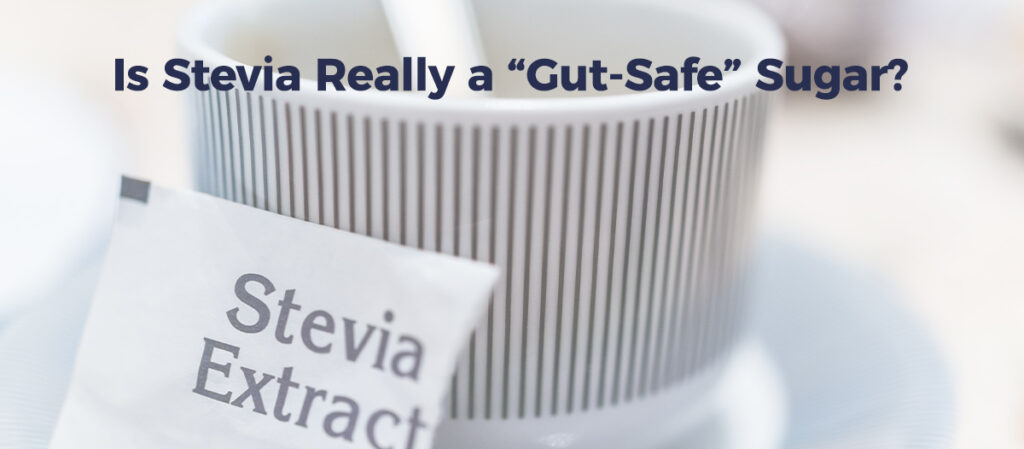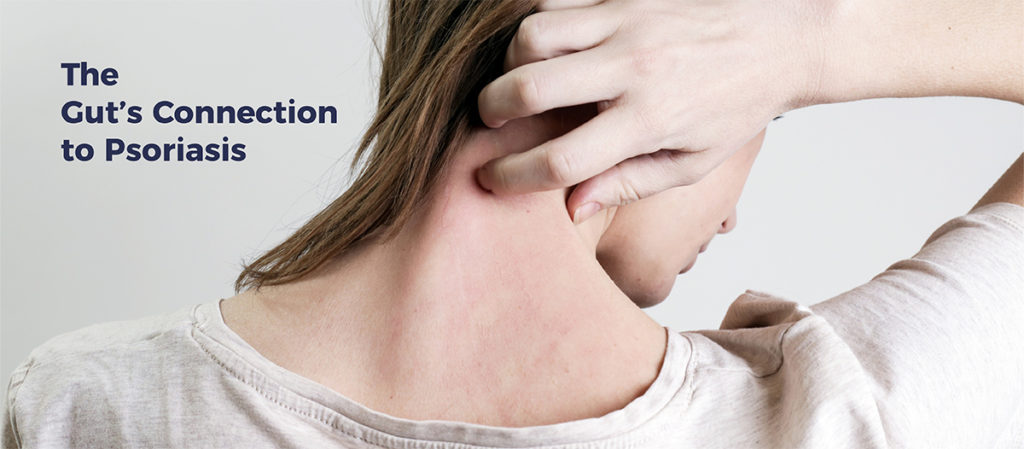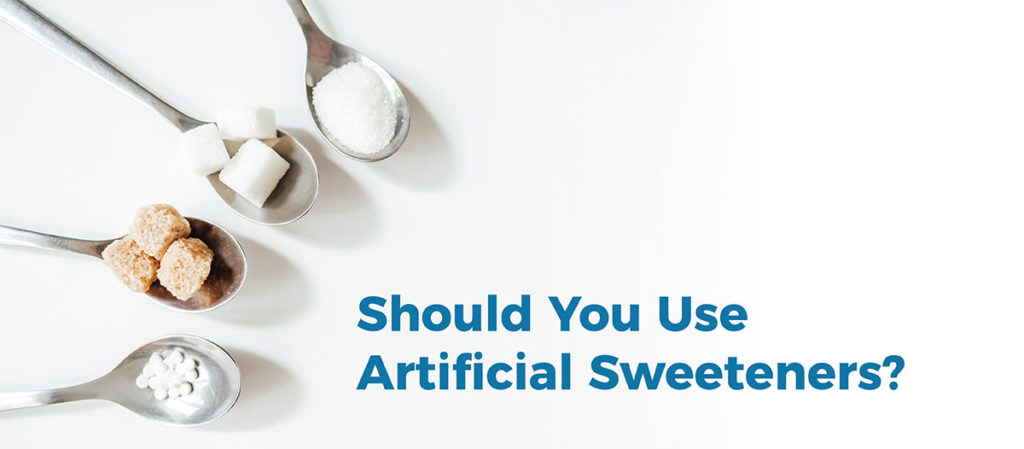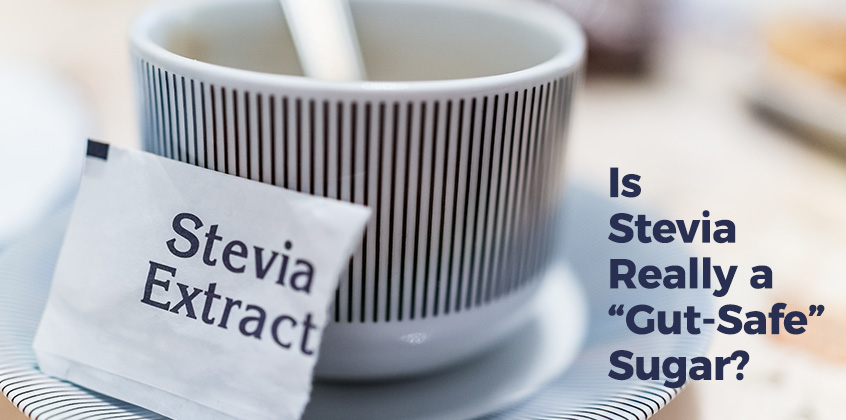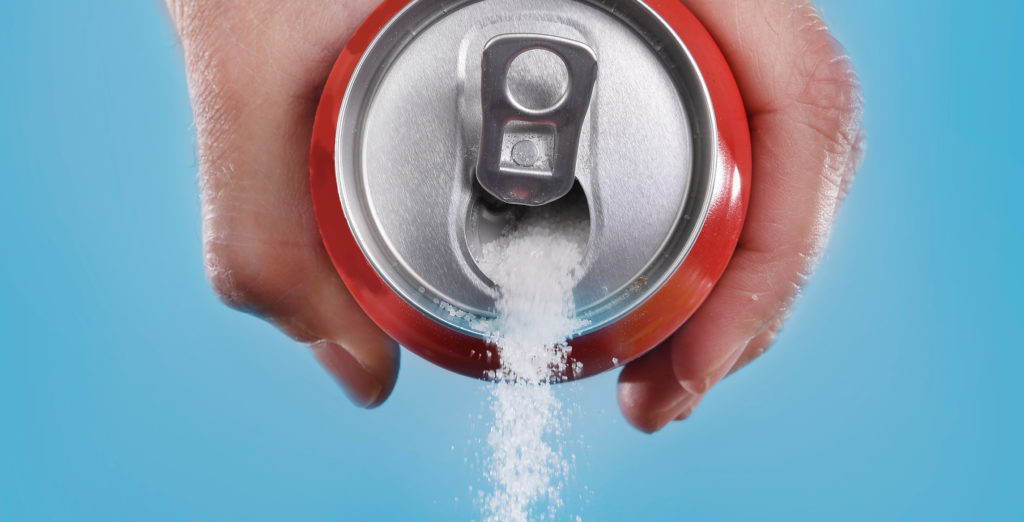Is Stevia Really a “Gut-Safe” Sweetener?
Is Stevia Really a “Gut-Safe” Sweetener?
Have you been wondering, as many people have, if stevia is really a “gut-safe” sweetener?
Whether it’s artificial sweeteners or sugar, both create problems with the gut by blocking proteins that help you maintain a healthy weight or altering the healthy composition of your gut bacteria.
As concerns about real sugar and artificial sweeteners have grown, many have considered stevia, a sweetener derived from the leaves of the Stevia rebaudiana plant.
Stevia is marketed by manufacturers as a natural sweetener, although it’s processed or combined with other ingredients to create a sweetener and, just like artificial sweeteners, it contains no calories. But, it is up to 400 times sweeter than table sugar.
Some experts believe stevia is a better choice for your overall health, and recommend that you use it as you would table sugar. However, before adding stevia to your grocery list, it’s important to ask yourself if stevia really is a gut-safe sweetener.
The answer will surprise you…
A Disruptive Presence
Despite very different approaches, a pair of research teams from Israel in separate studies came to very similar conclusions that stevia may have a disruptive effect on the gut.
In a 2021 study featured in the journal Molecules, scientists at Ben Gurion University studied the effect of stevia extracts (steviol, Reb A and Stevioside) when they come in contact with a strain derived from harmful E. Coli bacteria with an emphasis on digesting food
In this case, the use of stevia disrupted the healthy microbial balance by delaying how gut bacteria communicate in the microbiome, which can often lead to problems with gas, constipation, stomach pains and other gut-related issues.
These disruptions were far more evident in a very recent study conducted by the Weizmann Institute of Science that compared the gut health of patients consuming three artificial sweeteners (saccharin, sucralose and aspartame) or stevia far below suggested “normal” levels for two weeks.
During that short interval of time, any sugar substitute used — stevia or artificial sweeteners — altered the composition of gut bacteria very differently and they were related to a patient’s impaired glucose tolerance.
The Take-Home Message
Despite the not-great news about stevia and other zero-calorie sweeteners, you do have lots of options at your disposal to protect your microbiome and keep the pounds off. And, you can act right now to protect your gut microbiome by taking these steps.
- Stay hydrated with clean fresh water. (A healthy tip: Add lemon slices along with a dash of cinnamon or turmeric to your water for extra flavor.)
- Moderation, moderation and moderation. Pay attention to what you’re eating or drinking and how your body feels afterward (even if it tastes great).
- Read the Nutrition Facts labels displayed on any processed foods you eat for signs of added sugars. You’ll be surprised about how many added sugars are used to produce processed foods. (Brands of flavored yogurt labelled as low-fat may contain as much as 33 grams of sugar per serving!)
- Protect the bacteria in your gut so they keep working as they should behind the scenes by taking a probiotic with multiple strains of beneficial bacteria.
If you’ve been looking for a proven probiotic, ideally formulated with beneficial bacteria from the Lactobacillus and Bifidobacterium families, consider the proprietary blend of 10 strains plus a proven probiotic (FOS) in each daily dose of EndoMune Advanced Probiotic.
EndoMune is built to protect your microbiome and keep it communicating, even in the presence of a “natural” sweetener like stevia.
And, if you need some extra help to get started on your weight loss journey, consider EndoMune Metabolic Rescue, a probiotic uniquely formulated with Bifidobacterium lactis and the prebiotic XOS that promotes a sense of fullness in addition to protecting the health of your gut.
References
Is Stevia Really a “Gut-Safe” Sweetener? Read More »
